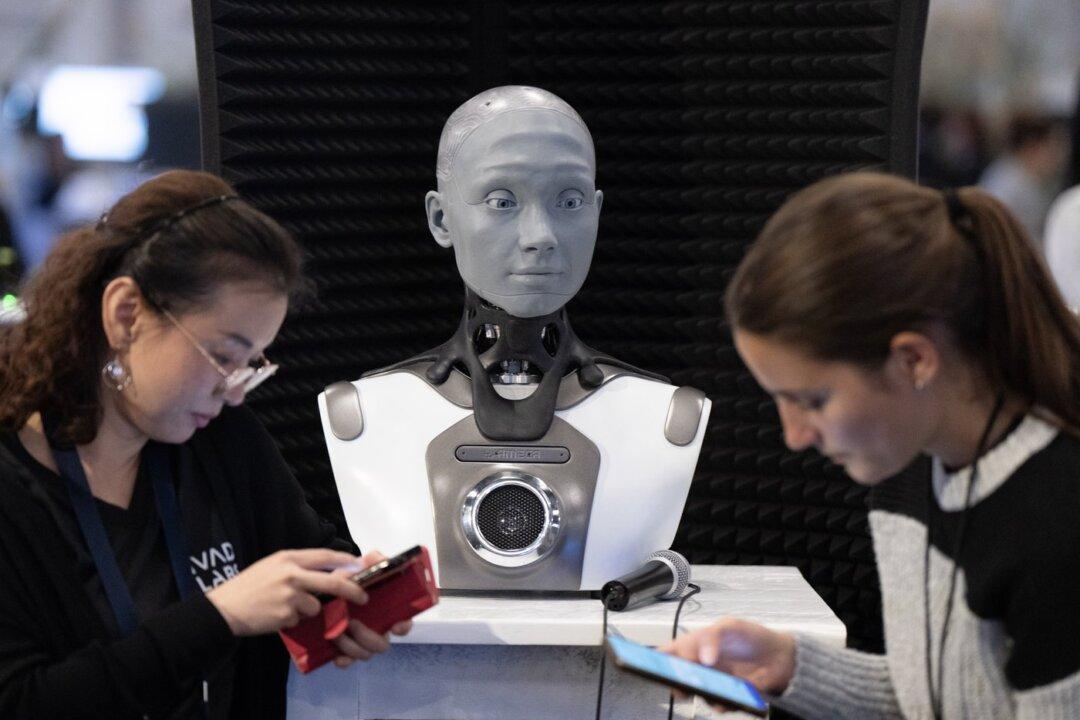OTTAWA—The Federal Court of Canada is being asked to declare that only humans — and not artificial intelligence — can be considered authors under Canada’s copyright law.
It’s the first court case in the country testing how the Copyright Act treats artificially generated content, like the text, images and videos created by systems such as ChatGPT.





